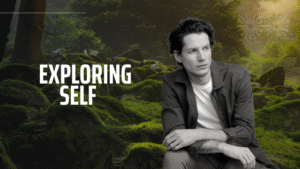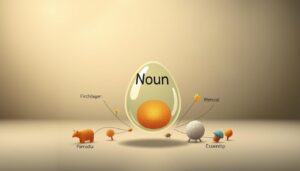Understanding Humans
Understanding Humans: A Journey into the Complexity of Human Nature
Introduction
Understanding humans is both an art and a science. As social, emotional, and cognitive beings, we are incredibly complex. Our behaviors, thoughts, and emotions are shaped by genetics, environment, culture, and individual experiences. To truly understand human beings is to unravel layers of psychology, biology, sociology, and philosophy. In this article, we explore the foundations of human behavior, the role of emotions and cognition, and the importance of empathy and self-awareness in understanding ourselves and others.
The Foundations of Human Behavior
At the core of human behavior are motivations, needs, and external influences. Psychologists like Abraham Maslow categorized human needs into a hierarchy — starting with basic physiological needs and culminating in self-actualization. These needs guide much of what we do and how we interact with the world.
From early childhood, experiences play a significant role in shaping personality traits. Genetics set the stage, but our environment — parents, teachers, culture, and media — influence how we grow and respond to life. Understanding this interaction is crucial in analyzing why people behave the way they do.
The Role of Emotions in Human Understanding
Emotions are central to understanding humans. They influence decisions, shape relationships, and reflect our inner mental state. Emotional intelligence (EI) — the ability to recognize, understand, and manage emotions — is a powerful predictor of success in both personal and professional life.
People with high EI are more likely to communicate effectively, manage conflict, and maintain healthier relationships. They can “read” others better, making them more empathetic and responsive. For deeper human connection and understanding, emotional awareness is essential.
Cognition and the Human Mind
The human mind is a remarkable information processor. We constantly observe, analyze, decide, and learn — often without being aware of it. Cognitive science helps explain how we process language, solve problems, and make decisions.
Understanding human cognition means looking into how memory works, how beliefs form, and how biases influence perception. For example, confirmation bias — our tendency to favor information that aligns with our beliefs — is a critical cognitive trait that impacts how we interact with the world.
Empathy: A Bridge to Deeper Human Connection
Empathy is the ability to feel or understand what another person is experiencing from their frame of reference. It is one of the most valuable tools in human connection and understanding.
There are two types of empathy: emotional empathy (feeling what others feel) and cognitive empathy (understanding what others feel). Both play essential roles in communication, relationships, and community building.
Empathy reduces conflict, enhances cooperation, and fosters trust — all of which are vital in both personal interactions and societal functioning.
Personality and Individual Differences
One of the most fascinating aspects of understanding humans is the study of personality. Why are some people extroverted and others introverted? Why do some thrive in chaos while others prefer structure?
Personality theories, such as the Big Five personality traits (openness, conscientiousness, extraversion, agreeableness, neuroticism), help explain consistent patterns in how people think, feel, and behave. Recognizing individual differences allows us to appreciate diversity in thought, behavior, and worldview. It promotes tolerance and helps in forming more meaningful connections
Why Understanding Humans Matters
Understanding humans is not just for psychologists or sociologists — it’s essential for everyone. Whether you’re a teacher, manager, parent, or friend, knowing how people think, feel, and act enables better communication, stronger relationships, and more compassionate communities.
In today’s increasingly interconnected world, human understanding is more critical than ever. Social polarization, digital communication, and cultural diversity make it vital to empathize, listen, and learn from each other.
Conclusion
Understanding humans is a lifelong journey. It involves curiosity, patience, and compassion. By studying behavior, nurturing empathy, and cultivating emotional intelligence, we build bridges of connection and create a more harmonious world.
As we continue to explore the vast dimensions of human nature, we grow not only in knowledge but also in kindness and wisdom. And in that journey, we begin to understand not just others — but ourselves.






































































3 comments